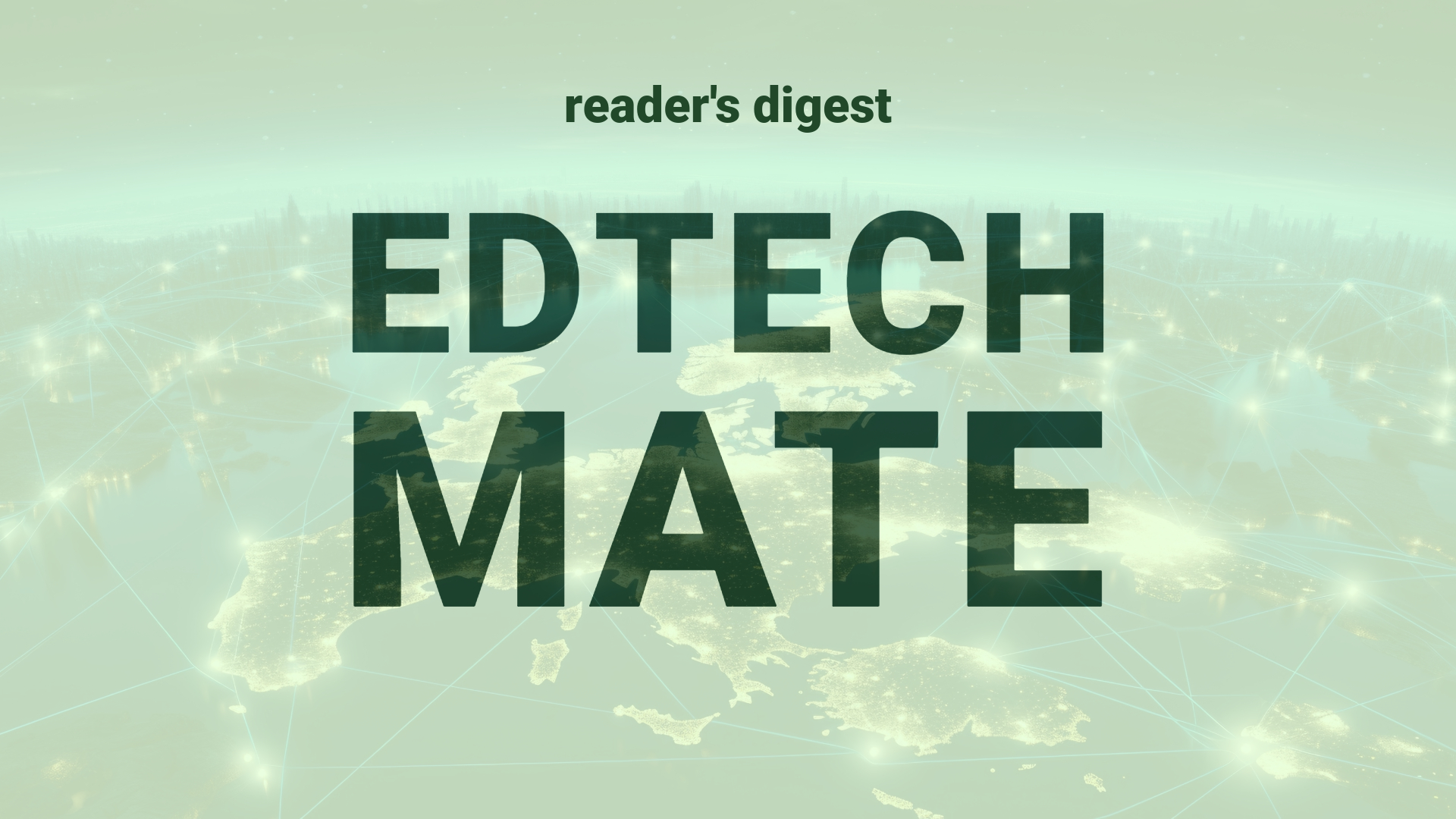Executive Summary and Main Points
The recent approval of the Artificial Intelligence (AI) Act by the EU Parliament has intensified the urgency for organizations to integrate Responsible AI practices. Pioneering companies like Deutsche Telekom have leveraged proactive measures to embed Responsible AI principles into their AI-based products and services development cycles, anticipating regulatory changes. Despite the high priority of AI ethics, the translation of AI principles into actionable practices across the industry remains a substantial challenge. Organizations that excel in this area prioritize the alignment between compliance and digital innovation, facilitate open dialogue, and adopt a proactive integration of ethical considerations throughout all stages of AI development. The four key strategic moves identified for successfully embedding Responsible AI are to translate, integrate, calibrate, and proliferate responsible practices across organizational operations.
Potential Impact in the Education Sector
The developments within corporate AI ethics have profound implications for Further Education, Higher Education, and Micro-credentials. Integration of Responsible AI practices can stimulate the cultivation of strategic partnerships between educational institutions and technology companies, fostering environments that emphasize ethical considerations in digitalization efforts. The application of ethical AI in education will not only ensure compliance with emerging regulations but also augment trust in AI tools deployed for learning analytics, personalized learning pathways, and the administration of digital credentials. These approaches have the potential to redefine student engagement, optimize administrative processes, and lead to the creation of innovative educational services that respect data privacy and promote fairness and transparency.
Potential Applicability in the Education Sector
Innovative applications involving AI and digital tools can significantly impact global education systems. AI can be employed for personalized learning experiences, expanding the reach of tutors and enabling nuanced support for a diverse student body. Additionally, AI can streamline operations in higher education institutions by optimizing resource allocation and administrative processes. Responsible AI incorporation is crucial in ensuring these technologies align with ethical standards, enhancing AI tool acceptance among stakeholders. Addressing ethical considerations such as bias in admissions algorithms or ensuring transparency in automated grading are areas where AI can be responsibly applied to improve educational outcomes and uphold equity in higher education globally.
Criticism and Potential Shortfalls
Critical analysis reveals that while many organizations recognize the importance of Responsible AI, the practical implementation of these principles is challenging. Comparative international case studies indicate disparities in the commitment levels of institutions in embedding ethical guidelines into every stage of AI development. For instance, organizations may face bandwidth limitations for continuous ethical monitoring or struggle with ensuring practical guidance that transcends cultural boundaries. Issues like algorithmic bias and the digital divide also raise ethical and cultural concerns, necessitating careful consideration and adaptation of AI practices to meet diverse global standards and expectations within the education sector.
Actionable Recommendations
To implement technologies in line with global higher education dynamics, educational leaders should take proactive steps towards a Responsible AI framework. Firstly, translating high-level ethical principles into practical guidance that can be seamlessly integrated into education-specific AI solutions. Secondly, building strong interdisciplinary teams within educational institutions that prioritize AI ethics as core to their operations. There should also be a focus on conducting stakeholder analyses to understand the roles that influence AI-driven educational tools and tailoring training resources accordingly. Finally, establishing partnerships with external AI ethics experts to ensure the Responsible AI initiatives are in line with global best practices and standards, adapting them not just for compliance, but for embedding genuine responsible innovation in the education sector.
Source article: https://hbr.org/2024/05/how-to-implement-ai-responsibly

